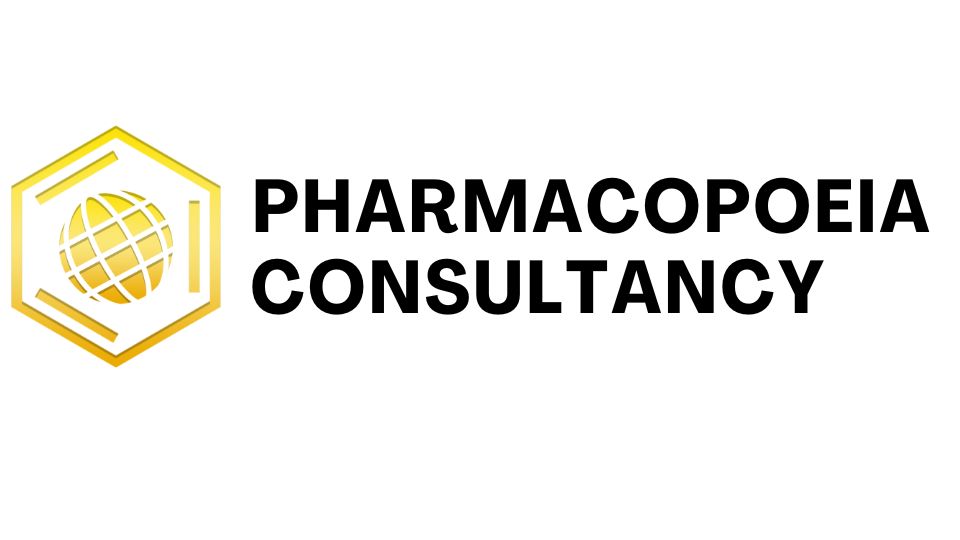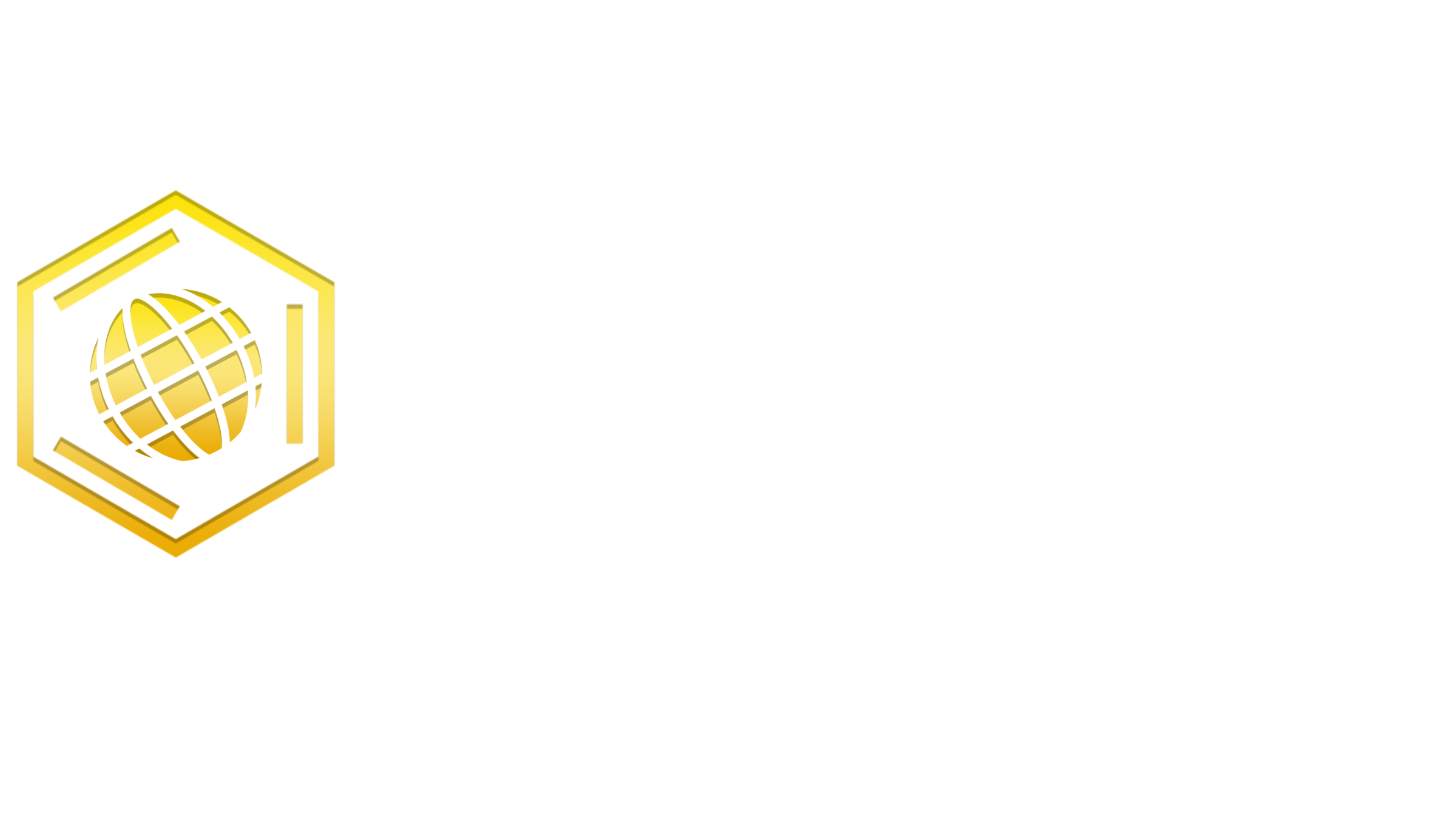

FAQs on Trademark Law in the Philippines
A trademark is a unique identifier for the source of a product or service, linking it to its owner and establishing its origin. Like property, a trademark holds value and requires protection. Without proper protection, others may use it unlawfully. Thus, registering a trademark is highly recommended. This article provides essential information on trademarks in the Philippines and the governing laws and regulations.
What is a trademark? How is it defined under Philippine law?
A trademark is defined as any visible sign capable of distinguishing the goods (trademark) or services (service mark) of an enterprise (Republic Act No. 8293 or the Intellectual Property Code of the Philippines [IP Code]). This includes stamped or marked containers of goods.
Is it necessary to have a trademark registered in the Philippines?
Yes. Registration grants the owner exclusive rights to prevent others from using identical or similar signs for goods or services that could cause confusion. A certificate of registration serves as prima facie evidence of the validity of the registration, the registrant’s ownership of the mark, and the exclusive right to use it.
What can be registered as a trademark in the Philippines?
Any visible sign that qualifies under the IP Code’s definition can be registered as a trademark.
Can colors be registered as trademarks?
Under the IP Code, color alone, unless defined by a given form, cannot be registered.
Can shapes be registered as trademarks?
Yes, shapes can be registered, but if a shape is dictated by technical factors, the nature of the goods, or factors that affect their intrinsic value, it may not be registered.
What is a collective mark? Can collective marks be registered in the Philippines?
A collective mark is a visible sign that distinguishes the origin or common characteristics, including quality, of goods or services from different enterprises using the sign under the control of the registered owner. Collective trademarks can be registered in the Philippines with an agreement governing their use.
Who may file an application for registration of trademarks in the Philippines?
The following can file an application:
- Filipino nationals.
- Nationals of or individuals domiciled in a country that is a party to any convention, treaty, or agreement related to intellectual property rights or unfair competition to which the Philippines is also a party.
Can anyone other than the owner of a trademark file an application for its registration in the Philippines?
No. Only the owner of the trademark can apply for its registration.
Does a foreign applicant for trademark registration need a Philippine agent or representative?
Yes. A foreign applicant without a domicile or commercial establishment in the Philippines must appoint a resident agent or representative.
Where should one file an application for the registration of a trademark or service mark?
Applications should be filed with the Bureau of Trademarks of the Intellectual Property Office of the Philippines, which processes trademark applications and their registrations.
Are multiple-class trademark applications allowed in the Philippines?
Yes. Applicants can indicate more than one class of goods or services in a single application.
Can an applicant claim convention priority in a trademark application?
Yes. An applicant can claim convention priority if the applicant:
- Is a national of or domiciled in a country that is a party to an intellectual property convention to which the Philippines is also a party.
- Previously filed an application for the same mark in one of those countries.
What is the duration of a trademark registration in the Philippines?
A trademark registration is valid for ten (10) years and can be renewed for additional ten-year periods.
When must the petition for renewal of trademark registration be filed?
The renewal must be filed within six (6) months before the expiration of the term or within the six (6)-month grace period after its expiration, for an additional fee.
Can opposition proceedings be instituted against an application for trademark registration?
Yes. Any person who believes they would be damaged by the registration can file an opposition within thirty (30) days after the publication of the application in the IPO Gazette.
Can cancellation proceedings be filed to invalidate an existing trademark registration in the Philippines?
Yes. A petition to cancel a trademark registration may be filed with the Bureau of Legal Affairs (BLA) by anyone who believes they are or will be damaged by the registration.
Who is liable for trademark infringement under Philippine law?
Any person who, without the owner’s consent, uses in commerce any reproduction, counterfeit, copy, or imitation of a registered mark or its dominant feature in a manner likely to cause confusion, mistake, or deception is liable for trademark infringement.
What are the remedies available to a trademark owner in case of infringement?
The owner may:
- File a civil action to recover damages, attorney’s fees, and litigation expenses, and to secure an injunction.
- File a criminal case for infringement.
- File an administrative case before the Department of Trade and Industry or the Bureau of Legal Affairs of the IPO
















